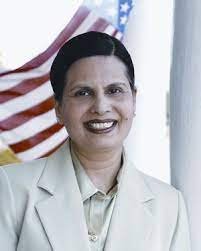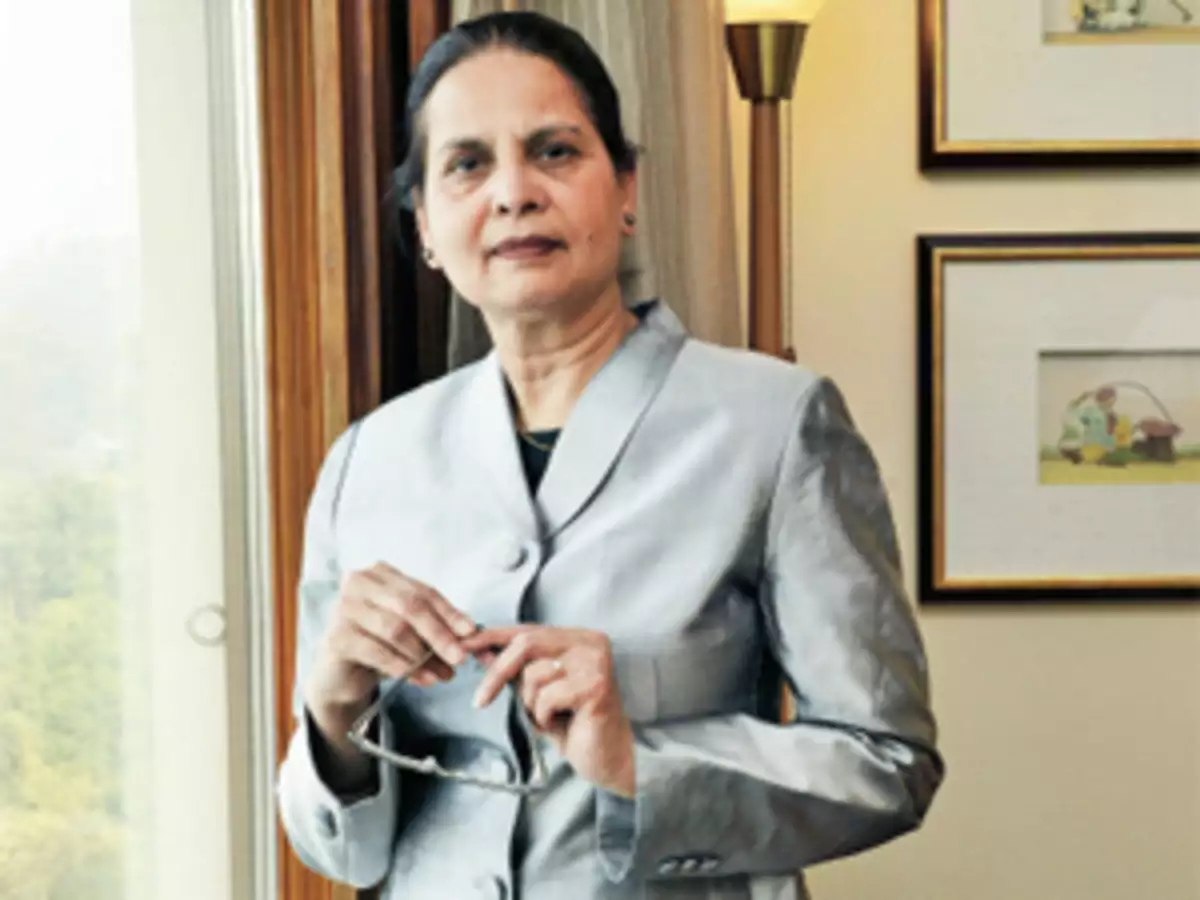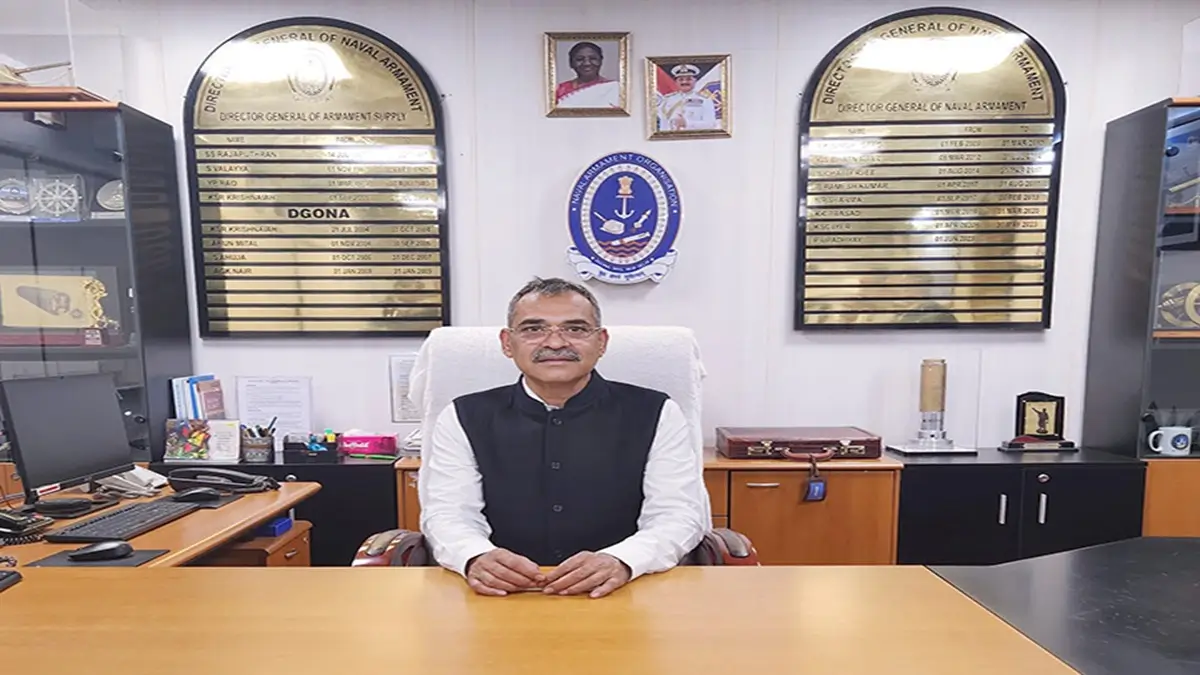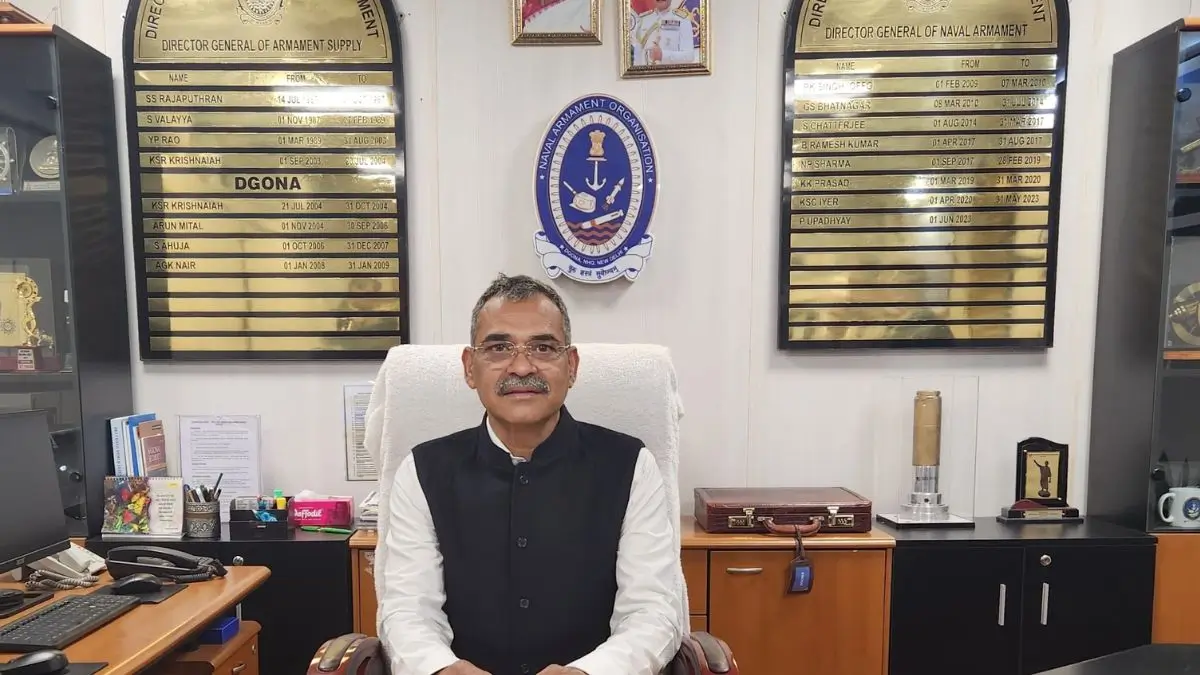First Woman Judge of High Court
In a groundbreaking milestone for the Indian judiciary, history was made when Justice Swati S. Dandekar was sworn in as the first woman judge of the High Court. This landmark appointment marks a significant step towards gender equality in the Indian legal system.

- “First Woman Judge High Court India”
Why this News is Important
Historic Appointment in Indian Judiciary: The appointment of Justice Swati S. Dandekar as the first woman judge of the High Court is a historic moment in India’s judicial history. It shatters the glass ceiling that has long existed in the legal field, inspiring countless aspiring lawyers and judges, especially women, to pursue their dreams.
Promotion of Gender Equality: This news holds paramount importance in the context of gender equality. It signifies that meritocracy and talent are recognized and valued above gender bias. It sends a strong message that women can achieve the highest positions in the judiciary based on their qualifications and experience.
Historical Context
The Indian judiciary has a rich history dating back to the colonial era, but it has often been criticized for its lack of gender diversity. Until recently, women were underrepresented in higher judicial positions. However, in recent years, there has been a concerted effort to bridge this gender gap. Several women have been appointed as judges in various High Courts, paving the way for Justice Swati S. Dandekar’s historic appointment.
Key Takeaways from This News
| Serial Number | Key Takeaway |
|---|---|
| 1. | Justice Swati S. Dandekar is the first woman judge of the High Court. |
| 2. | Her appointment signifies a significant step towards gender equality in the Indian judiciary. |
| 3. | It serves as an inspiration for aspiring lawyers and judges, especially women. |
| 4. | This appointment empowers women and promotes merit-based appointments. |
| 5. | It reflects the progressive nature of India’s legal system and its commitment to equal representation. |
Important FAQs for Students from this News
Q1: Who is Justice Swati S. Dandekar, and why is her appointment significant?
A1: Justice Swati S. Dandekar is the first woman judge of the High Court in India. Her appointment is significant because it marks a historic milestone in India’s judiciary, breaking the gender barrier in higher judicial positions.
Q2: What message does Justice Dandekar’s appointment send to aspiring lawyers and judges?
A2: Justice Dandekar’s appointment sends a message that merit and talent are valued above gender bias. It serves as an inspiration for aspiring lawyers and judges, especially women, to pursue their career goals with determination.
Q3: How does this news relate to gender equality in India?
A3: This news is closely related to gender equality as it showcases progress towards achieving gender parity in the Indian legal system. It signifies that women can attain the highest positions in the judiciary based on their qualifications and experience.
Q4: What is the historical context of gender diversity in the Indian judiciary?
A4: Historically, the Indian judiciary has been criticized for its lack of gender diversity. However, in recent years, efforts have been made to bridge this gap, resulting in the appointment of several women judges in various High Courts.
Q5: How can this news benefit students preparing for government exams?
A5: This news can benefit students by serving as a motivational example. It emphasizes the importance of hard work and perseverance in achieving career goals, particularly in the legal profession.
Some Important Current Affairs Links

















